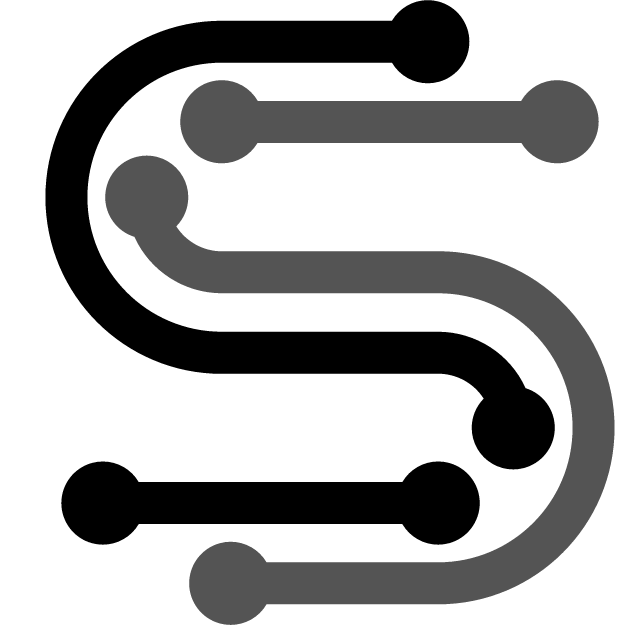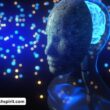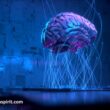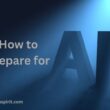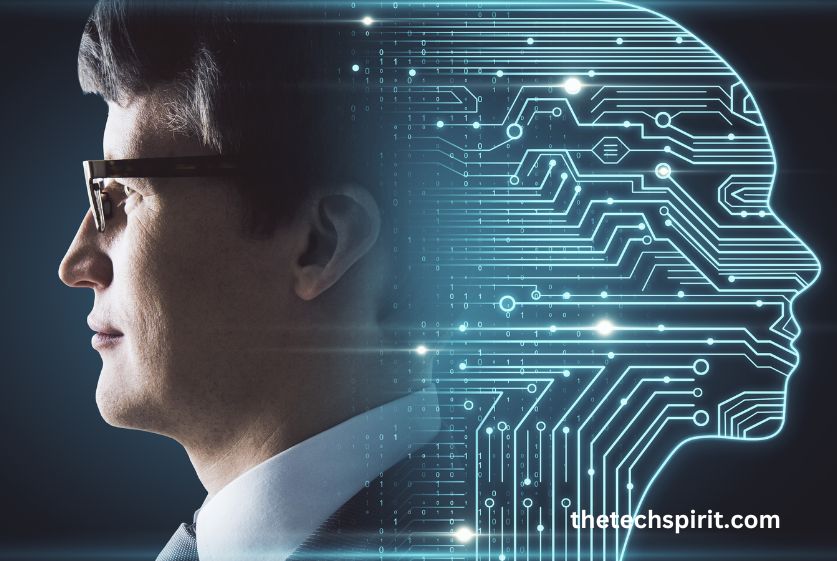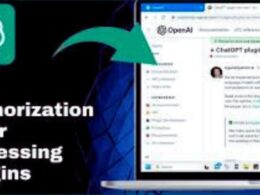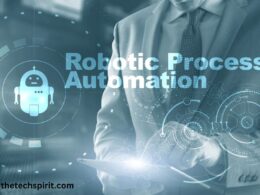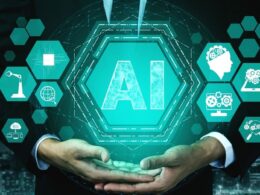Table of Contents
The Rise of AI in Education
As technology continues to advance at a breakneck pace, the integration of artificial intelligence (AI) into various sectors has become increasingly prevalent. The field of education is no exception, with AI-powered tools and applications promising to revolutionize the way we teach and learn.
From personalized learning platforms to virtual tutors and grading assistants, AI’s potential in education is undeniable.
Concerns about AI Replacing Teachers
However, in the middle of these exciting developments, a question lingers in the minds of many educators and parents:
Will AI eventually replace human teachers?
The idea of machines taking over the role of imparting knowledge and guiding students has sparked concerns and debates across educational circles. While some argue that AI could significantly enhance the learning experience, others fear that it may undermine the irreplaceable value of human teachers.
The Role of Teachers: Will Artificial Intelligence Replace Teachers
Beyond Knowledge Transmission
To understand the potential impact of AI on the teaching profession, we must first acknowledge the multifaceted role that teachers play in the educational process.
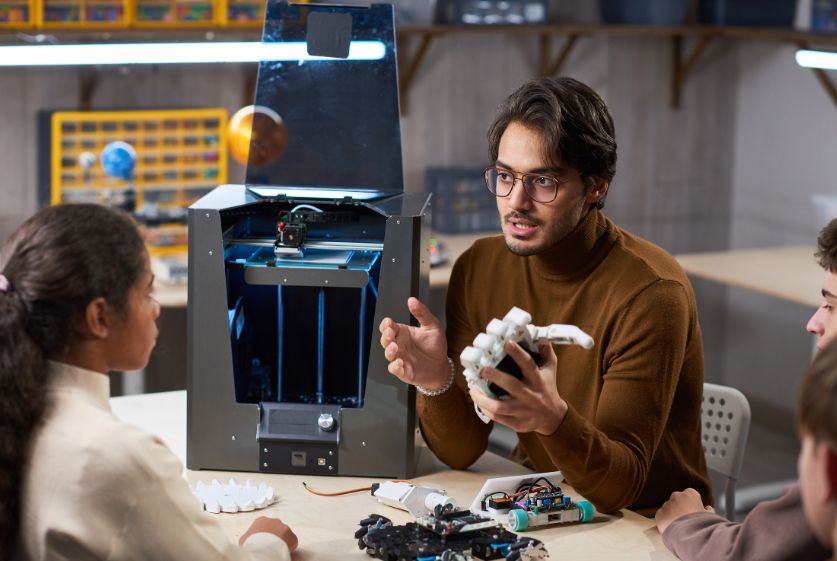
Teachers are not mere knowledge transmitters; they serve as mentors, role models, and facilitators of personal growth. Their responsibilities extend far beyond delivering subject matter and grading assignments.
Fostering Emotional and Social Development
A significant aspect of a teacher’s role is nurturing the emotional and social development of students. Teachers provide guidance, support, and encouragement, helping students navigate the challenges of growing up and finding their place in the world.
They cultivate essential life skills such as critical thinking, problem-solving, and effective communication, which are crucial for success in both academic and professional endeavors.
Tailoring Instruction to Individual Needs
Furthermore, effective teachers possess the ability to tailor their instruction to the unique needs and learning styles of each student. They adapt their teaching methods, pace, and approach to ensure that every learner has the opportunity to thrive. This level of personalization and human connection is something that AI, at least in its current state, struggles to replicate.
AI’s Capabilities and Limitations
Advancements in AI for Education
There is no denying that AI has made significant strides in the field of education. Intelligent tutoring systems, for instance, can provide personalized learning experiences by adapting to a student’s strengths, weaknesses, and pace of learning.
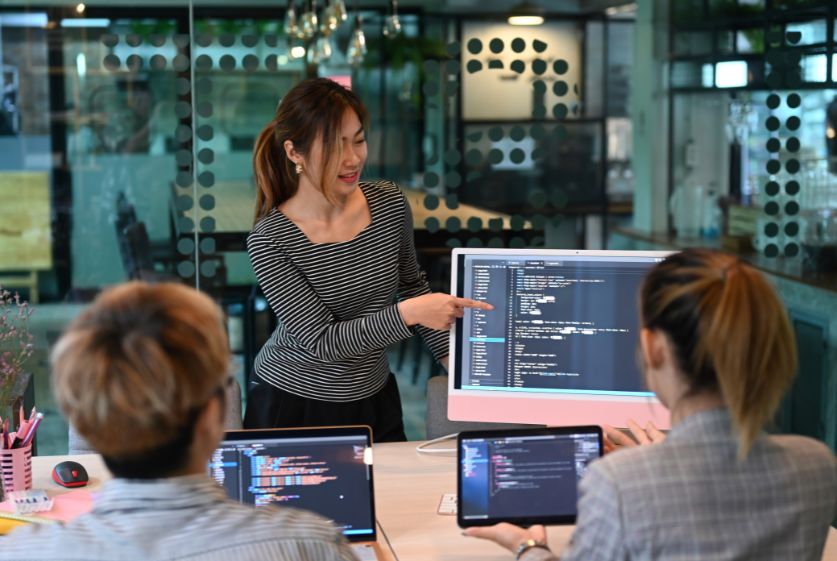
AI-powered grading assistants can quickly and accurately evaluate assignments, freeing up teachers’ time for more meaningful interactions with students.
Limitations of AI in Replicating Human Interactions
However, despite these impressive capabilities, AI still falls short when it comes to replicating the nuances of human interactions and emotional intelligence. While AI can process vast amounts of data and provide tailored content, it lacks the empathy, intuition, and cultural awareness that human teachers possess.
Effective teaching requires a deep understanding of human behavior, motivation, and the subtleties of interpersonal dynamics – areas where AI still has significant limitations.
The Future of Education with AI
AI as a Complementary Tool
Rather than viewing AI as a replacement for teachers, it is more realistic and beneficial to consider it as a powerful complementary tool.
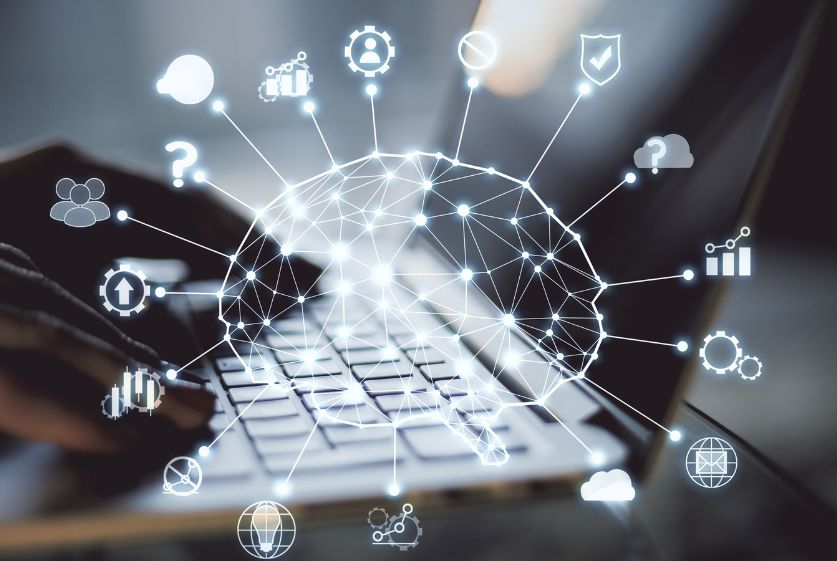
By leveraging AI’s strengths in data analysis, personalization, and automation, teachers can offload repetitive tasks and focus their energy on areas where human intervention is essential.
Reimagining the Role of Teachers
The integration of AI in education presents an opportunity to reimagine the role of teachers. Instead of being the sole source of knowledge, teachers can become facilitators of learning, guiding students through the process of acquiring knowledge and developing critical thinking skills.
They can leverage AI-powered tools to personalize instruction, identify learning gaps, and provide targeted support to students who need it most.
Challenges in Integrating AI in Education
However, the successful integration of AI in education is not without its challenges. Issues such as data privacy, ethical considerations, and access to technology must be addressed to ensure a fair and equitable learning environment for all students.
Teachers will need to receive proper training and professional development to effectively utilize AI tools and adapt to the changing educational landscape.
The Irreplaceable Value of Human Teachers
At the heart of effective education lies the human connection, empathy, and emotional intelligence that only a skilled teacher can provide. Teachers are not mere content delivery systems; they are mentors, guides, and role models who shape the lives of students in profound ways.
While AI can augment and support the teaching process, it cannot replicate the irreplaceable value of human teachers in fostering personal growth, emotional intelligence, and a love for learning.
Conclusion
The debate surrounding AI’s potential to replace teachers is a complex one, with valid arguments on both sides. While AI undoubtedly has the potential to enhance and transform the educational experience, it is unlikely to entirely replace the human element in teaching.
The key lies in finding the right balance – leveraging AI’s strengths while preserving the invaluable role of human teachers.
FAQs
Can AI truly understand the nuances of human behavior and emotions?
While AI has made impressive strides in natural language processing and emotion recognition, it still struggles to fully comprehend the depth and complexity of human emotions and interpersonal dynamics. Teachers’ ability to empathize, build rapport, and adapt to individual students’ needs is a vital aspect of effective teaching that AI cannot easily replicate.
How can teachers and Artificial Intelligence work together in the classroom?
AI can be leveraged as a powerful tool to enhance teaching practices. Teachers can use AI-powered platforms for personalized learning, adaptive assessments, and automated grading, freeing up time for more meaningful interactions with students. AI can also provide real-time data and insights to help teachers identify learning gaps and tailor their instruction accordingly.
What are the potential ethical concerns surrounding the use of AI in education?
As with any new technology, the integration of AI in education raises ethical concerns. Issues such as data privacy, algorithmic bias, and the potential for AI to perpetuate existing inequalities must be carefully considered and addressed. Additionally, there are concerns about the potential for AI to discourage critical thinking and creativity if not implemented thoughtfully.
How can teachers prepare for the integration of Artificial Intelligence in education?
Teachers will need to receive proper training and professional development to effectively utilize AI tools and adapt to the changing educational landscape. This includes understanding the capabilities and limitations of AI, as well as developing new pedagogical approaches that incorporate AI in meaningful ways. Ongoing collaboration between educators, technologists, and policymakers is crucial to ensure a smooth and effective transition.
Will AI eventually become advanced enough to replicate the full range of human teaching abilities?
While it is difficult to predict the future capabilities of AI, many experts believe that replicating the full range of human teaching abilities, including emotional intelligence, cultural awareness, and the ability to foster personal growth, will remain a significant challenge for AI in the foreseeable future. As AI continues to evolve, it is more likely to augment and support human teachers rather than replace them entirely.
